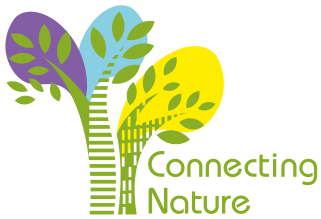The report presents the development of Nature Based Thinking (NBT) with an emphasis of future
planning within cities through a reflective process that was led by SLU, UdL, USFD and TUM in Task 2.3
and resulted in the joint writing of a paper entitled: “Supporting Nature-based Solutions via Nature-based
thinking, across European and Latin American cities” (working title). The paper focuses on developing
the problem-solving mindset of ‘nature-based thinking’, which promotes “nature and humanity as being
indissolubly connected and working across sectors, disciplines and levels of governance to implement
NBS over conventional infrastructure - and to advocate and educate for change that supports this
transformation” (Wild et al., 2020; Randrup et al., 2020).
Two main approaches were used to reflect on NBT and its application to future planning in cities:
1. The organization of a truly transdisciplinary symposium held in December 2021 which featured
talks on nature-based thinking in relation to (i) informal settlements and transformative change;
(ii) nature-futures; (iii) urban design and cosmovision; (iv) true inclusivity; (v) modularity and
technocracy; (vi) educational programmes with schools; (vii) governance indicators; and (viii)
stakeholder mapping. In total 94 delegates participated in the symposium (split as follows:
science/research - 36; city/regional governments - 16; SME/business - 14; NGO/civil society - 10;
general public - 0; policy/government - 17; other - 1).
2. The organization of a series of city-level NBS-Futures workshops in 6 of the seven CONEXUS
cities which had the objective of jointly explore desires, hopes and possibilities around the idea
of nature-based futures for the selected cities in year 2050.
The results of these events were then compared and analysed iteratively to reflect and inform our
understandings of NBT and its potential contributions to improving NBS implementation

